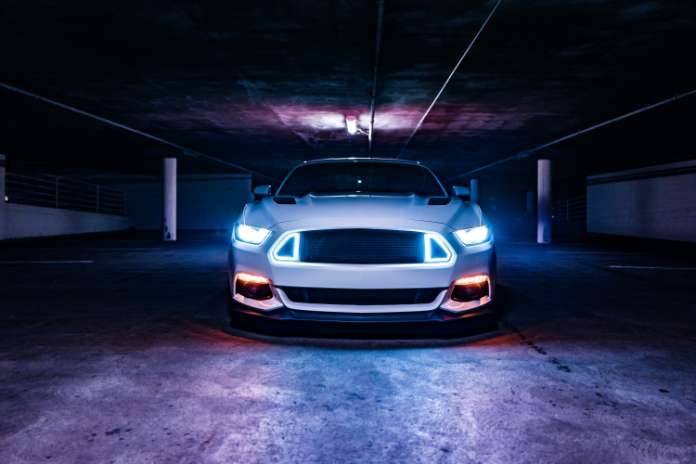In a significant move that has caught the attention of the automotive industry, BYD, a leading Chinese electric vehicle (EV) manufacturer, is making bold strides to challenge Tesla’s dominance in the market. As the world shifts towards sustainable energy solutions, the competition between these two giants is intensifying, setting the stage for a fascinating battle in the EV sector.
BYD, short for Build Your Dreams, has been steadily expanding its footprint in the EV landscape. The company, backed by Warren Buffett’s Berkshire Hathaway, has a diverse range of electric vehicles, including cars, buses, and commercial vehicles. This diversification strategy has allowed BYD to capture various segments of the market, providing a competitive edge over Tesla, which primarily focuses on consumer vehicles.
Recently, BYD unveiled its latest electric vehicle, which boasts enhanced battery technology and advanced features designed to appeal to tech-savvy consumers. The company has invested heavily in research and development, focusing on creating batteries that offer longer range and faster charging times. These innovations are critical in addressing one of the main concerns of potential EV buyers: range anxiety.
Tesla, on the other hand, has long been the leader in the EV market, known for its cutting-edge technology and charismatic CEO, Elon Musk. The company’s brand recognition and loyal customer base have been significant factors in its success. However, BYD is quickly gaining ground, particularly in its home market of China, which is the world’s largest EV market.
One of BYD’s strategic advantages is its vertical integration approach. Unlike Tesla, which relies on external suppliers for some components, BYD manufactures its batteries and key parts in-house. This strategy not only reduces costs but also allows for greater control over the supply chain, ensuring that the company can scale its production efficiently.
Furthermore, BYD has been actively expanding its global presence, entering new markets in Europe and North America. The company has formed partnerships with local manufacturers and governments to establish a foothold in these regions. This global expansion is crucial for BYD as it seeks to compete with Tesla on a global scale.
The competition between BYD and Tesla is not just about market share; it also reflects broader geopolitical dynamics. The rise of BYD is indicative of China’s growing influence in the global economy and its ambition to lead in the field of renewable energy technologies. As tensions between the US and China persist, the rivalry between these two companies may have implications beyond the automotive industry.
In conclusion, BYD’s aggressive push into the EV market presents a formidable challenge to Tesla. With its innovative products, strategic vertical integration, and global expansion efforts, BYD is well-positioned to become a major player in the industry. As the competition heats up, consumers stand to benefit from the increased options and advancements in technology that result from this rivalry.
Footnotes:
- BYD has been backed by Warren Buffett’s Berkshire Hathaway for several years. Source.
- BYD’s vertical integration strategy allows for greater control over the supply chain. Source.
Featured Image: Unsplash @ introspectivedsgn



